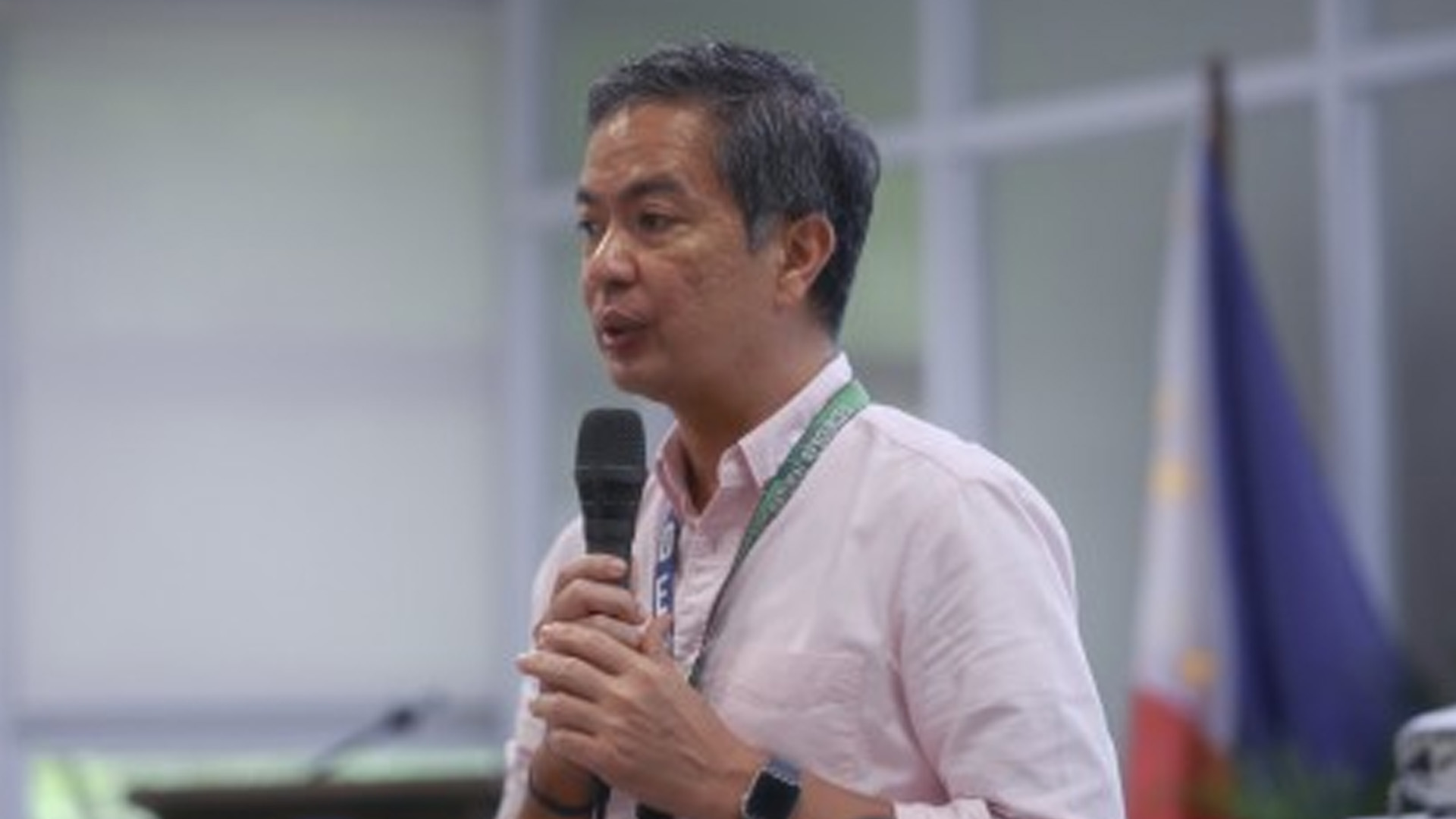The government is currently pushing for several reforms that will streamline the mining application process in the country, officials said on Thursday.
Department of Environment and Natural Resources (DENR) Undersecretary for Integrated Sciences Carlos Primo David during a forum organized by the Chamber of Mines of the Philippines (COMP) said the DENR rolled out a digital application process in three regions of the country.
“We have rolled out our digital application process. We’ve already gotten feedback. Once it’s okay, this will be rolled out nationwide,” David said during the forum on Thursday held at The Westin Manila in Ortigas.
David said the digital application process which was rolled out in three regions, including Caraga and Davao, will help cut the mining application process to a maximum of two years.
He said it does not only streamline the process but also eliminates the indiscretions.
“When you start to evaluate applications, there are always technical and legal aspects and it depends on the person evaluating that. We want to track where these permits are getting stalled,” he said.
Aside from the digital application, David said the Mines and Geosciences Bureau (MGB) is also implementing a through and through parallel processing of mining permits.
The parallel processing means an application will be processed even without the other permits coming from other regulatory bodies such as the local government units (LGUs) and the National Commission on Indigenous People (NCIP).
David, however, clarified that the permit will be issued once the mining company secures all the other requirements.
The Anti-Red Tape Authority (ARTA), for its part, said they are also working to streamline the permitting processes in the mining industry.
“We have been asked to draft a model ordinance for all local government units to follow, starting with the energy and I think for the mining sector, we will also look into it to standardize the requirements by local government units, ensuring that processes at the local level will be standardized and streamlined,” ARTA Director General Ernesto Perez said.
He said the draft of the ordinance is expected to be completed within the year.
Mining policy framework
David said the DENR and the Department of Finance are also drafting an executive order (EO) that will put in place a clear-cut policy on mining royalty.
The draft EO will be presented to the Office of the President this month.
David said the EO aims to address some of the conflicting interpretation of the law on mining royalty and complexities with LGUs and indigenous peoples and indigenous cultural communities.
“For any royalty, you’ll have to put a ceiling. Because if there’s no ceiling, it can be 1 percent, 2 percent, 10 percent up to 100 percent. That is something that we have to address,” David said.
The government has been pushing for reforms to ensure a sustainable and vibrant mining industry.
President Ferdinand R. Marcos Jr. earlier urged lawmakers to immediately pass the bill on the Rationalization of the Mining Fiscal Regime to create a fair and equitable mining environment.
COMP Chairman Mike Toledo, for his part, said he is hopeful that the bill will be passed within the year.
He also thanked the President for allowing the COMP to provide recommendations on how to improve the country’s mining industry during a meeting in August.
Toledo said the COMP is urging the government to ensure that there will be long-term policy consistency through the drafting of a robust mining policy that would, among other things, clarify the role of national and local government units and specify the approach to indigenous community management.
He also said there is a need to simplify and expedite the approval processes for mineral agreements by reducing application steps, eliminating redundancies, and imposing clear-cut timelines, in close coordination with government agencies with which our industry interacts.
“We also recommended the implementation of an online register of pending applications,” he said.
To minimize business continuity risks from local ordinances, he added, there is a need to clarify the status of mining companies as government contractors and exporters to be consistent across national and local laws; rationalize LGU power to issue ordinances that prohibit mining or specific mining methods within their jurisdictions; request ARTA to identify and fix redundancies between national laws and local ordinances, and empowering it to suspend the implementation of those inconsistent with the Ease of Doing Business Act and the LGU Citizen’s Charter.
Toledo said uncertainties in tax policy and investment incentives can be done by establishing a stable and predictable mining fiscal regime including adding a “financial stability clause” in all mineral agreements to guarantee continuity of mining operations and to assure the sanctity of contracts, regardless of material adverse change in government policies that would prevent mining contractors from performing their obligations.
He said the potential of the industry can also be strengthened by appointing a senior government official who will focus on addressing obstacles to mining investments and on promoting and marketing the industry. (PNA)







